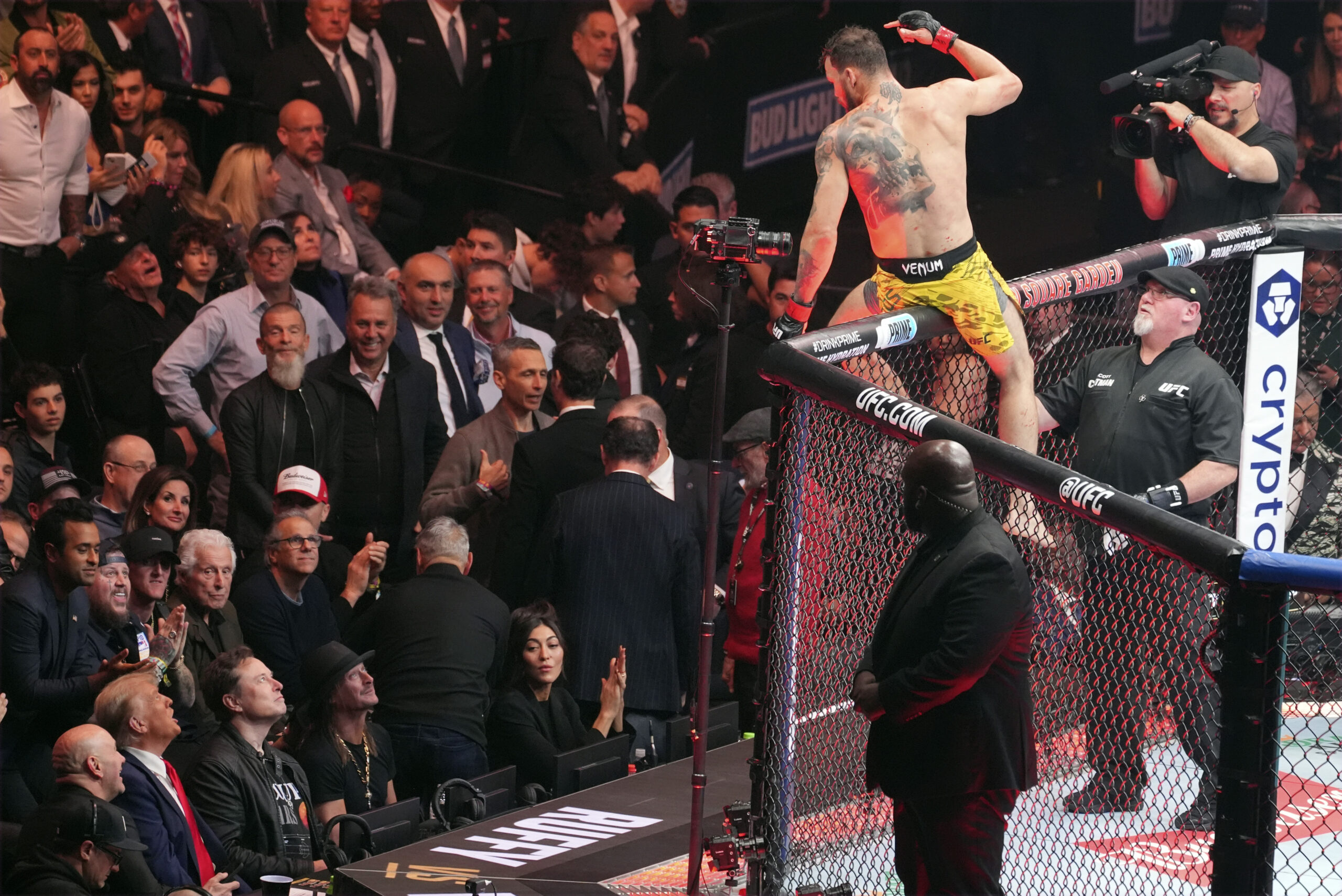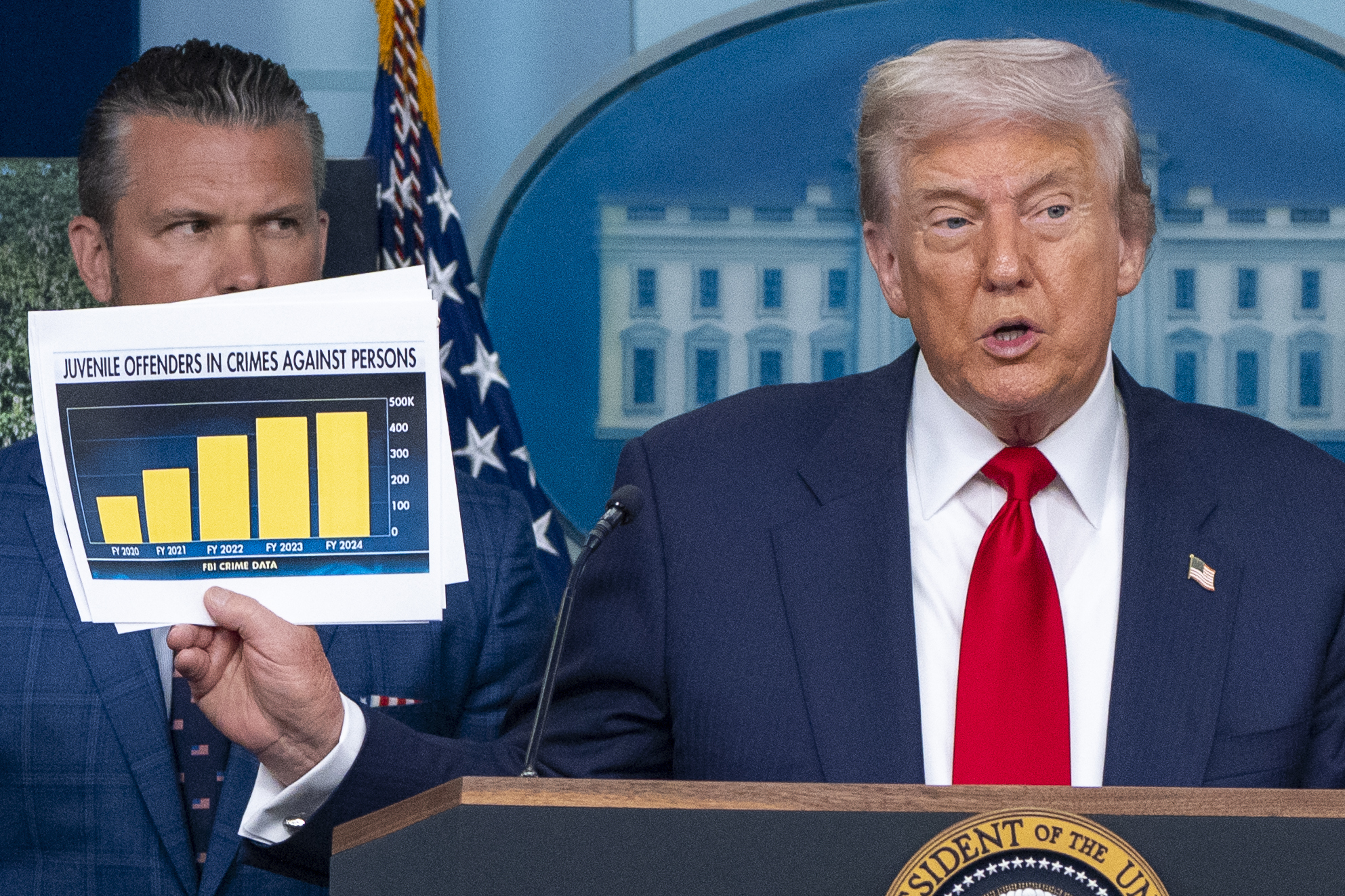
I’ll be the first to admit that my professional timing hasn’t always been stellar.
When I was completing my undergraduate studies in the Bay Area 13 years ago, many of my classmates were sending resumes to young companies like Google and Facebook, all of which had extensive liabilities and collected approximately $0 in revenue.
Fools! I smirked to myself. Only naive, get-rich-quick types would ply their technical trades outside of academia, profitable companies, or government research agencies. My peers would surely live to regret taking their collective leap of faith.
I, by contrast, had far better ideas. After graduating, I shelved my physical science degrees and decided to give political writing a try. Who could possibly fail at blogging?! What did it matter that the entire publishing industry was entering an existential crisis over the fate of the printed word itself?
In the intervening stretch I’ve seldom regretted these decisions, but only thanks to a unique combination of peculiar preferences and good fortune. Largely by choice, I spent all of those years working for independent companies that nurtured creativity and whose editors were committed to preserving a place for writing in political media. Largely by luck, none of those outlets experienced abrupt financial hardships or folded altogether or pivoted to video.
Unfortunately, many journalists labor under the risk that their employers will see insufficient returns on investment in text-based media, or exhaust their philanthropic interests in the livelihoods of professional writers.
I don’t know how this problem will be solved in the long run, but I am confident it won’t be, if innovators in media aren’t reliably committed to the idea, and the forms, of writing. My trajectory can’t be replicated easily, but there are lessons in it.
What does any of this have to do with Crooked Media? Everything, actually.
When I first met Jon Favreau in early December of last year, he was still the host of The Ringer’s flagship political podcast Keepin’ It 1600, which remained a runaway hit after the election—notwithstanding its very limited success keeping anything 1600.
Donald Trump had just won the presidency. By no coincidence, Jon and his cohosts, Tommy Vietor, Jon Lovett, and Dan Pfeiffer were thinking about taking their show independent, and building a company around it. I offered a few professional tips and he promised to touch base if his as-yet unnamed startup was ever on firm-enough footing to bring on paid writers. Friendly guy! I thought. Good at idle chit chat.
The explosive success of Pod Save America, and then of Crooked Media’s growing podcast network, is a story most of you already know. A less obvious story is that in the background, Jon, Jon and Tommy had committed themselves to building a real media company. To making the same trek into public life that heroes like Bill Moyers and Hendrik Hertzberg and others had made before them—only with a modern twist.
True to his word, Jon reached out to me this past summer to tell me that Crooked Media was ready to pivot to text. Would I be interested in helping expand the company’s horizons?
By now you know the answer. Because our team is small, our ambitions may seem modest, but they are in fact expansive. Our contributors will, of course, churn out more great podcasts, but they will also have a home for writing at Crooked.com. Unlike most other liberal media outlets, the idea here isn’t to embody a specific political ideal or partisan goal, but to represent the whole swath of liberalism, defined broadly in contrast to the tide of illiberalism sweeping free societies everywhere.
The contributors we announced today, along with those we will add in the coming weeks, reflect that vision. The messy disagreements they have among themselves reflect it, too.
We want Crooked Media to be a staging ground for an honest and productive debate about what American liberalism is and how the Democratic Party should represent it. A platform like ours is sorely needed, both because the answers to those questions are unclear, and because nothing less than democracy itself is on the line. We can make real contributions to meliorating the tensions within liberalism and to winning the larger fight against counter-enlightenment forces festering within the modern right—but not without exploiting the the full range of communication tools, including writing, which is the most deliberative one.
That’s a lot to live up to, and a lot to grow into, but I think I made the right bet this time. In the most inclusive sense, that’s because I believe in my new colleagues and their shared commitment to meeting the challenges joyfully and in good faith. But in a narrow, selfish sense, it’s because they demonstrated their values as budding public figures and entrepreneurs to me already. Pod Save America is a juggernaut. Its spinoffs are comparably successful. They could have limited their ambitions to producing those shows indefinitely and pocketing all the spoils. This website is a testament to the fact that we’re serious about building something lasting and effective. We’re not corporate owned, and we’re not planning to fuel explosive growth with venture capital anytime soon. But we’re here to play.
Sincerely,
Brian Beutler
Editor in Chief



